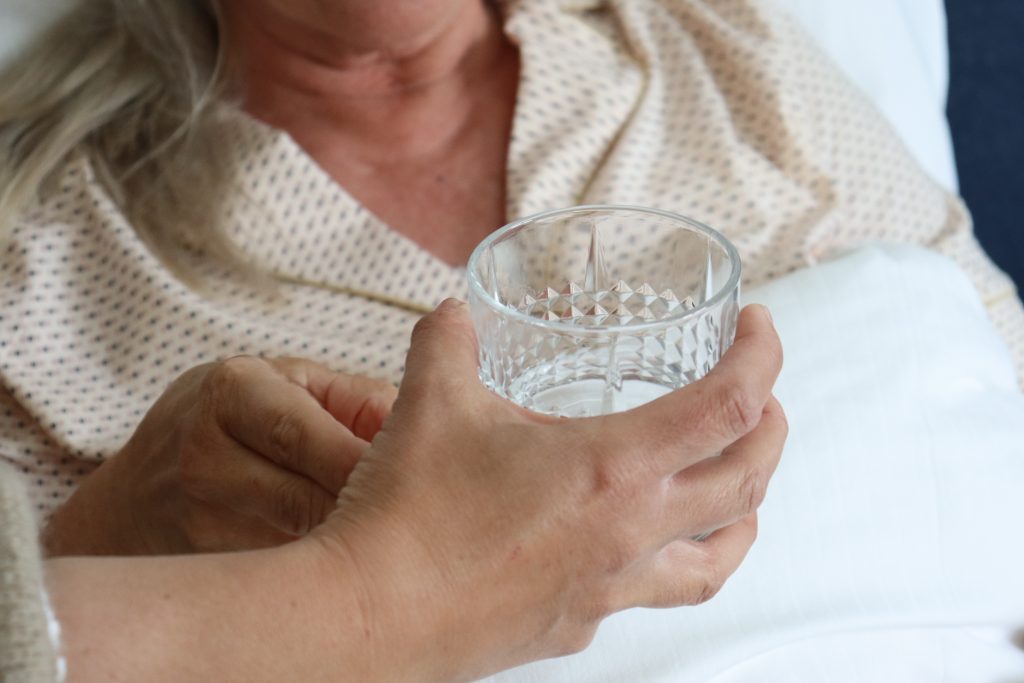Hourly rates for private nursing care vary. Here you can see an approximate average price per hour calculated for some of the largest private nursing care providers in Denmark:
| By January 2023 | Weekdays | Weekend | Public holidays |
|---|---|---|---|
| Between 08:00 - 23:00 | 700 DKK/hour | 850 DKK/hour | 1.100 DKK/hour |
| Between 23.00 - 08.00 | 800 DKK/hour | 950 DKK/hour | 1.300 DKK/hour |
It is important to note that private nursing care services are VAT-free.
As a private individual, you don’t have to pay VAT for the services, as the agency pays the so-called “payroll tax” to the tax authorities instead of VAT.
In addition, a minimum number of hours per time may be required to obtain the above prices and there may be a travel allowance, depending on the agency’s and your own place of residence. However, some agencies are nationwide.
Get an overview of prices and subsidies
The best way to compare prices is to check the websites of the different agencies, where, in addition to prices, you can also get an idea of the agency’s credibility and the services offered. However, at the time of writing, not all agencies publish prices on their website.
You should be aware that some insurance companies provide subsidies for nursing care – depending on your own insurance scheme. You may need to contact your own insurance company for more information. For example, Health insurance “danmark” provides subsidies for self-payment for nursing care of the dying at home.
It is therefore possible to receive subsidies for terminal care and home hospice. If you have a terminal declaration, a terminal allowance is automatically granted. This means that the patient receives a 100% reimbursement for all prescribed medicines.
In addition, private home care for the patient is reimbursed at 50% of the self-payment. However, if you are a member of Sygeforsikring “danmark” Group 1 or Group 2, the maximum grant is DKK 12.000. To receive the subsidy, it is a requirement that the terminal care takes place in the patient’s own home in Denmark, and the care must be provided by a licensed nurse.
The aforementioned terminal declaration must be completed by the doctor and sent to the local authority. The declaration states that the patient has a limited lifespan and that this qualifies for the subsidy. In addition to home nursing care, the dying person and the relatives are also entitled to subsidies and assistance, such as nursing supplies, nutritional products, psychological and physiotherapy subsidies, and nutritional products.
Another option is your own private health insurance, which may also subsidize home care for terminal patients.



